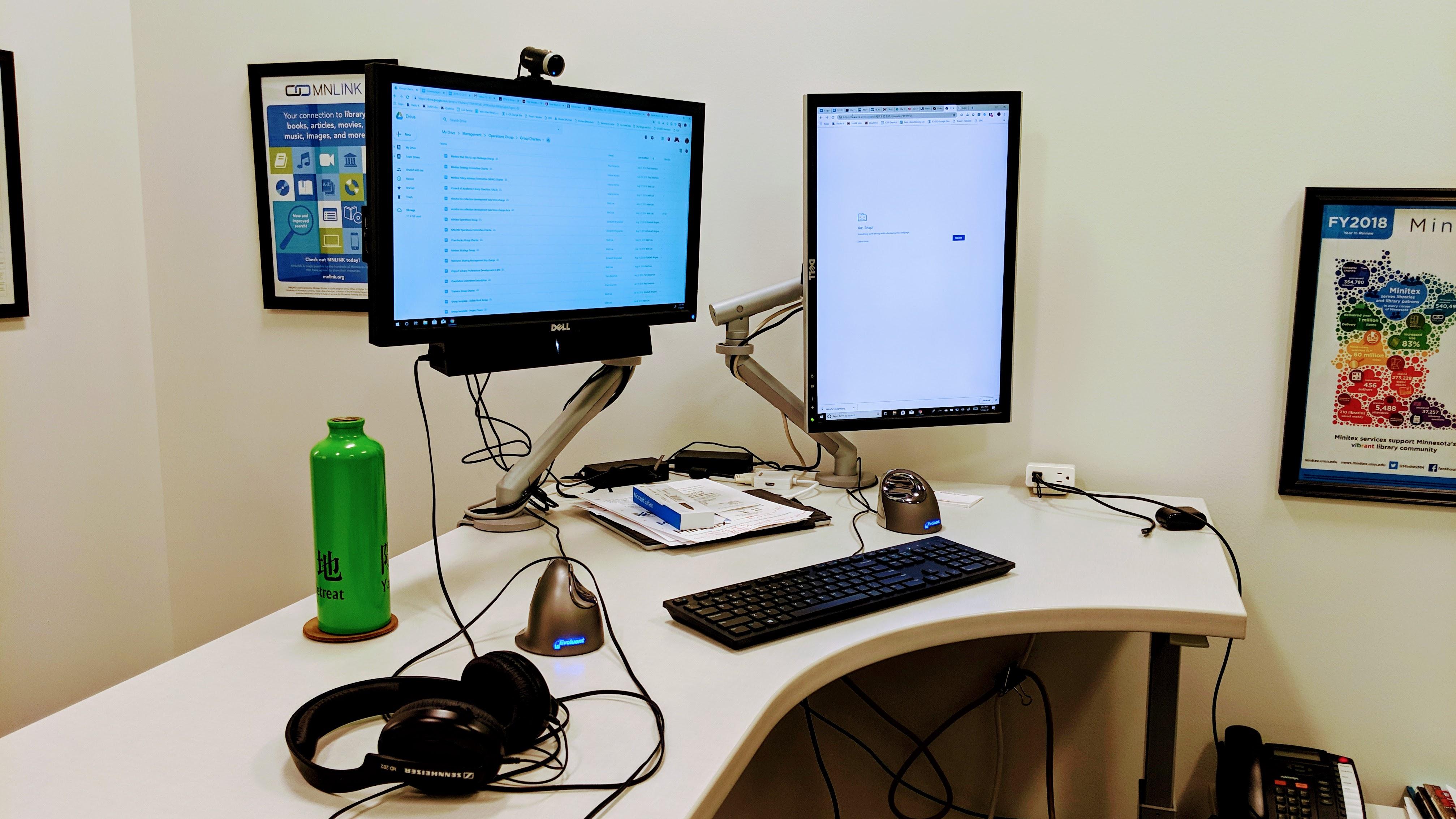by Obinnaya Oji
Quick Summary
"Going to the Root: Libraries, Adult Literacy, and the Interruption of Generational Poverty," a panel presentation at the 2023 ALA Annual Conference, aimed to “explore how libraries can respond to the intersections between low literacy in adults and structural issues including poverty and housing insecurity...as well as public health inequities and over-incarceration.”

A panel presentation at the ALA 2023 annual conference in Chicago stirred my curiosity on the role libraries play in adult literacy and its relationship with digital literacy. The presentation, titled, “Going to the Root: Libraries, Adult Literacy, and the Interruption of Generational Poverty” included a healthy dose of ideas, accomplishments, and challenges to the library community. The panel of speakers included: Matthew Desmond, Maurice P. Professor of Sociology at Princeton University and author of “Evicted: Poverty and Profit in the American City”; Jai Winston (Moderator), Knight Foundation Director of Community and National Initiatives for Saint Paul (MN); Tracie D. Hill, Executive Director, American Library Association; Ken Bigger, Senior Fellow, American Library Association Center for the Future of Libraries; Deborah Kennedy, Executive Director of the National Coalition for Literacy; and Federico Salas-Isnardi, Director of the Mayor's Office for Adult Literacy in Houston.
Matthew Desmond was the primary speaker. The goal of the discussion was to “explore how libraries can respond to the intersections between low literacy in adults and structural issues including poverty and housing insecurity that Desmond addresses in his writings, as well as public health inequities and over-incarceration.” He stated that there is definitely a correlation between poverty and low literacy and he challenged the library community to take responsibility in finding solutions. In his words, “it is not always somebody else's problem.”
On the general issue of addressing poverty, his 2016 publication, "Evicted: Poverty and Profit in the American City," provided a framework. He highlighted five things librarians, as the informed elite in their communities, can do. They include: using our knowledge and access to influence our small communities; shopping and investing differently; talking about tax breaks differently since they benefit the rich more than the poor; fighting segregation; and joining anti-poverty movements.
The general consensus of the presenters was that every technology introduced has had the unfortunate effect of exacerbating inequality. The response should be the deployment of technology in digital literacy, since 92% of jobs require it. Communities should start focusing on their assets, which includes the adult poor. Digital literacy is a tool that can assist in the reduction of poverty among adults. To achieve this, librarians should be embedded in the fabric of their communities.
Even though the rapid introduction of digital technologies during the pandemic has advanced digital literacy, it also offers librarians an opportunity to use these new technologies in addressing adult literacy. Federico Salas-Isnardi noted that we should put aside preconceived notions and ideas. In Houston, 100 homeless men were engaged using digital literacy when provided with the opportunity.
Work on digital literacy has the effect of bringing librarians together and fully connecting them to their communities. Tracie D. Hall notes in her article, "Information Redlining: The Urgency to Close Digital Access and Literacy Divide and the Role of Libraries as Lead Interveners" (Journal of Library Administration 2021, Vol. 61, No.4, 484-492), that “Library-based efforts to meaningfully thwart information redlining must link digital access and digital literacy, especially in communities most likely to be shut out of the projected post-pandemic move to a dominantly digital workplace.”
Where adult literacy meets digital literacy, a decline in poverty can be expected, and libraries have a major role to play.
